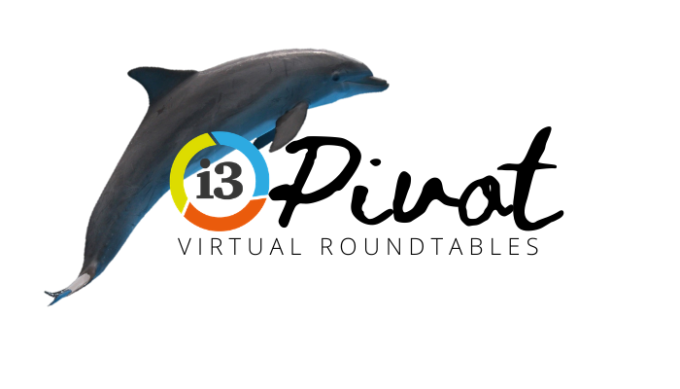The benefits of investing in infrastructure as an asset class is relatively well known to all institutional investors, particularly its income generating and inflation protection characteristics.
Infrastructure Portfolio Construction
The volatility in the equity markets in recent years, coupled with the expected low yields of bonds in the long term, have seen increasing allocations to real assets in general, with infrastructure a key beneficiary of the inflows.
The strong demand has certainly given rise to valuations of these assets. The global competition for these assets, especially from large sovereign and pension funds vying for ‘big-end-of-town’ trophy assets, has only exacerbated the demand and hence valuations.
Nevertheless, the mainstream acceptance of infrastructure investing has seen governments, especially fiscally strapped ones, privatise more assets and thereby ensuring a stream of assets for institutional investing.
This has in turn given rise to a variety of distinct and economically diverse segments, classified into sectors such as:
- Economic: Energy & Utilities, Transportation, Telecommunications & Digital, Water etc
- Social: Education, Social Housing, Police & Prisons etc
Given the ‘lumpy’ and illiquid nature of these assets, as well as the economic and structural characteristics, assembling an infrastructure portfolio to meet the fund’s risk and return appetite is no mean feat.
As Lianne Buck, former Head of Infrastructure of TCorp, remarked:
“It takes a very long time to create your perfect portfolio and evolve the portfolio, and so our main challenge was taking all the disparate portfolios that we had and trying to bring them together and leverage the comparative advantage that TCorp has through its size and scale”
COVID-19 Impact on Infrastructure
With markets severely disrupted by COVID-19, it is timely to evaluate the defensiveness of infrastructure. Usually backed by an income stream guaranteed or regulated by governments, have infrastructure assets proven to be as defensive or resilient?
While the answer is generally positive for the long term, examples of dislocations in the short term include the transportation sector, particularly airports, which are clearly impacted by the lockdown. Listed infrastructure vehicles, which are notionally equities, are no doubt subject to the vagaries of the share market volatility.
However, this market dislocation also presents the investor with unique opportunities, such as the accelerated adoption of communication and digital technologies.
With the relative ineffectiveness of monetary policies, most governments are also actively utilising fiscal tools to stimulate their economies out of the recession. Infrastructure spending is a key recipient.
Energy Transition & ESG
The transition to renewable sources of energy has begun in earnest, with the active participation of institutional investors looking to lower the carbon emissions of their portfolios. It is becoming common to witness investors pledging to divest from coal related assets, or at least severely restrict exposures. Owning stranded assets is a real investment risk!
This impetus will fuel the rapid rise of the renewable energy industry, which hitherto has struggled to be commercially competitive as compared to the traditional sources of coal or gas.
At the investor roundtable co-hosted with Aberdeen Standard Investments, we endeavour to evaluate the role of infrastructure assets as part of portfolio construction, and explore unique opportunities such as digital infrastructure and renewable energy.
Enquire about this event





